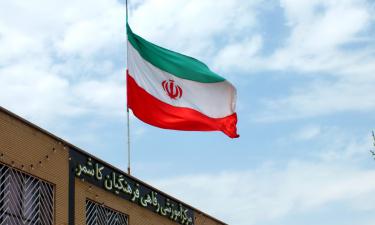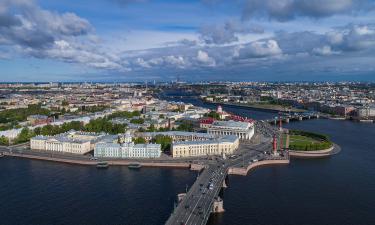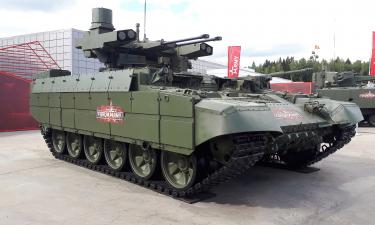EU allowed its neighbours import goods free of duty
The EU on Wednesday eased its rules on import duties for goods traded with its Mediterranean and other neighbors, a measure especially important for the textile sectors in Europe and North Africa, which have been losing market share to Asia.
The decision allows textiles, leather goods and other products to cross national borders several times during the production process free of duty.
The measure will effectively create a free trade area between the EU and a group of partners: Algeria, Bulgaria, Egypt, Faeroe Islands, Iceland, Israel, Jordan, Lebanon, Morocco, Norway, Romania, Syria, Switzerland, Tunisia, Turkey, and the Palestinian territories.
"This new pan-Euro-Mediterranean zone will make it easier for producers and traders within the zone to benefit from preferential customs tariffs," said Laszlo Kovacs, European Commissioner for Customs and Taxation, according to the AP.
"It is an ambitious project aimed at boosting the competitiveness in all participating countries."
Textiles and other products cross borders several times before becoming a finished product: Turkish knitters import yarn from Italy; semifinished EU-made fabrics are turned into clothes in North African and East European factories where workers sew on buttons, attach zippers, package the goods and return these to the EU; and shoes, appliances and leather goods are similarly produced in more than one country.
The EU's standoff this summer with China over its textile exports makes the plan an important part of Europe's longer-term strategy to arm its own textile industry against surging Asian competition: a network of favored low-cost factories in countries to the south and east, to be bound to Europe by a 41-nation duty-free agreement.
Last month, Europe re-negotiated import limits with China, after Chinese imports broke through quotas fixed in June, under which Beijing will block further exports of sweaters, trousers or bras this year and deduct goods already shipped from next year's trade quotas.
Cotton-blend weavers in Portugal, Italy and Spain are expecting orders to rise as contracts for dresses and trousers rise in Morocco and Tunisia after the re-imposition of Chinese quotas.
T.E.
Subscribe to Pravda.Ru Telegram channel, Facebook, RSS!





